SEO Keyword Strategies
Nitty-Gritty Of International Aso: Keyword Research & Metadata
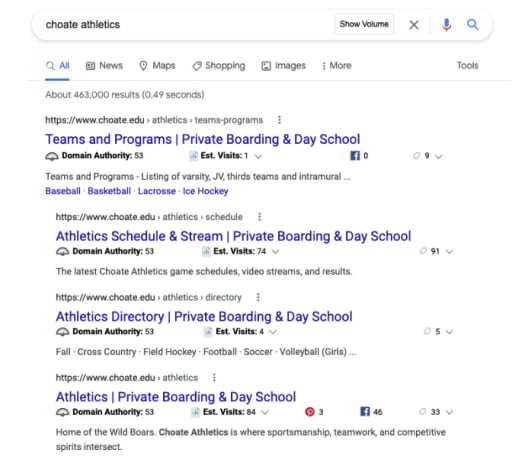
As the app market continues to grow, ASO (App Store Optimization) has become a crucial component of mobile app marketing. With the increasing globalization of the mobile app industry, it is essential to understand the nuances of international ASO.
In this article, we will delve into the nitty-gritty details of keyword research and metadata submission for international ASO, providing practical tips and insights for app developers and marketers.
Effective keyword research is critical to the success of any ASO strategy, and this is especially true for international ASO. However, the process of researching and selecting keywords for foreign languages and cultures can be complex and challenging.
In this article, we will explore the importance of translation and localization in keyword research, as well as the use of third-party ASO keyword research tools. Additionally, we will discuss the impact of paid marketing on organic ASO and the complexities of managing metadata across different countries and languages.

By the end of this article, you will have a comprehensive understanding of the nitty-gritty details of international ASO, enabling you to optimize your app for success in global markets.
Key Takeaways
- Translation and localization are crucial for effective keyword research in International ASO, as nuances in language and culture can impact search patterns.
- Third-party ASO keyword research tools such as SensorTower, App Annie, MobileMoxie, and TheTool are necessary for evaluating keyword options and providing search volume and competition data.
- Metadata submission for International ASO must be strategic and well-coordinated, with careful attention paid to metadata localizations, verification, and updates for iOS and Android apps.
- Effective ASO also involves monitoring top competitors’ release cycles, user reviews, and paid marketing options like Apple search ads and Google Play Store’s Lifetime Value Calculator for paid user acquisition.
Keyword Research Tips
When conducting keyword research for International ASO, it is crucial to consider the nuances in language and culture that can impact keyword search patterns.
Translation and localization are essential for accurate keyword research, and non-native keywords and language permutations should be included in the keyword research process.
Third-party ASO keyword research tools such as SensorTower, App Annie, and MobileMoxie Native App Tracker are necessary to evaluate keyword options. These tools provide valuable search volume and competition data, but it is important to keep in mind that scores from these tools are relative metrics.

In addition to these tools, competitor analysis and seasonal trends should also be considered when selecting ideal keyword targets.
Keyword volume and difficulty metrics are estimates from ASO tools and not real numbers from app stores, so the current app ranking for a keyword should also be considered when selecting keyword targets.
Multiple ASO tools should be consulted when making high-stakes decisions about keywords, as the variation in keyword search volume and competition scores from different tools can lead to different decisions.
Historical app ranking for a keyword and metadata localizations should also be considered when evaluating keyword research.

Language and Culture Nuances
The nuances of language and culture play a significant role in determining the keyword search patterns for international ASO, highlighting the importance of translation and localization in keyword research.
While translating keywords from the source language to the target one is essential, it is equally important to understand the cultural differences that may affect the search patterns of users. For instance, some cultures may use specific phrases or idioms to search for a particular app, and failing to include those keywords could result in lost potential users.
Moreover, some languages may have multiple variations, dialects, and scripts, which could pose translation challenges for ASO professionals.
To overcome these challenges, ASO professionals need to be aware of the cultural differences in keyword search patterns and incorporate non-native keywords and language permutations in their research. They should also use third-party ASO keyword research tools that provide search volume and competition data for different countries and languages.
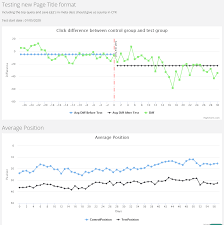
Additionally, it is essential to keep track of historical keyword ranking data and metadata localizations in app stores, as they could impact the search patterns of international users.
Non-Native Keywords
Incorporating non-native terminology and language permutations in keyword analysis can enhance the effectiveness of international app store optimization strategies. While it may be tempting to simply translate keywords directly into the target language, this approach can miss nuances in language and culture that impact keyword search patterns. By including non-native keywords and language permutations in keyword research, app developers can better understand the search behavior of their target audience and optimize their app accordingly.
To illustrate the importance of including non-native keywords in keyword research, consider the following table:
| English Keyword | Direct Translation | Non-Native Keyword |
|---|---|---|
| Travel | Viajar | Reisen |
| Fitness | Acondicionamiento físico | Fitnessstudio |
| Food | Comida | Essens- |
| Music | Música | Musik- |
In this table, the English keyword is translated directly into Spanish, but the non-native keyword reflects the way that Spanish speakers may actually search for the same concept. For instance, a Spanish speaker searching for a gym may be more likely to use the German word "Fitnessstudio" rather than the direct translation "Acondicionamiento físico." By incorporating these non-native keywords into their research, app developers can optimize their app for the most relevant and effective keywords, ultimately improving their app’s visibility and downloads.
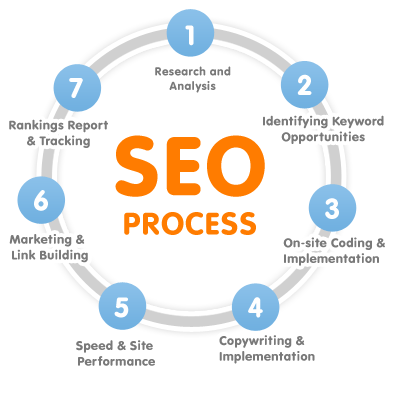
Third-Party Keyword Tools
Third-party ASO tools provide valuable data for evaluating keyword options in international markets. These tools offer keyword search volume, keyword difficulty, and ASO competition analysis for multiple countries.
Among the popular ASO tools, SensorTower offers a comprehensive keyword research tool for international ASO. It provides search volume, competition score, and difficulty for keywords in 70+ countries. However, the main downside is that it limits the number of keywords that can be tracked.
App Annie, on the other hand, has the biggest database of historical keyword ranking data. Although it does not provide free keyword difficulty metrics, App Annie offers valuable insights into the performance of keywords over time.
TheTool provides data for keyword search volume, keyword difficulty, and keyword rankings for 91 countries. MobileMoxie Native App Tracker displays keyword-ranking data for iOS and Android Apps in multiple countries.

Scores from keyword research tools are relative metrics, which means that they should be used in conjunction with other metrics to evaluate the potential of a keyword. Keyword difficulty scores close to ’10’ mean that the keyword is very difficult to rank for, while scores closer to ‘1’ indicate that the keyword is relatively easy to rank for.
Therefore, it is important to use multiple ASO tools to get a better understanding of the potential of a keyword. By using third-party ASO tools, app developers can get a better understanding of the competitive landscape for their app and make more informed decisions about which keywords to target.
Relative Metrics
Relative metrics are important for evaluating the potential of keywords in international ASO. Keyword research accuracy is crucial for determining the best keywords to target in different countries and languages. However, it is important to keep in mind that the scores provided by ASO keyword research tools are relative metrics and not real numbers from app stores.
To make the most of these tools, it is recommended to consult multiple ASO keyword research tools when making high-stakes decisions about keywords. The variation in keyword search volume and competition scores from different tools can lead to different decisions. It is also important to consider historical app ranking for a keyword and metadata localizations when evaluating keyword research.
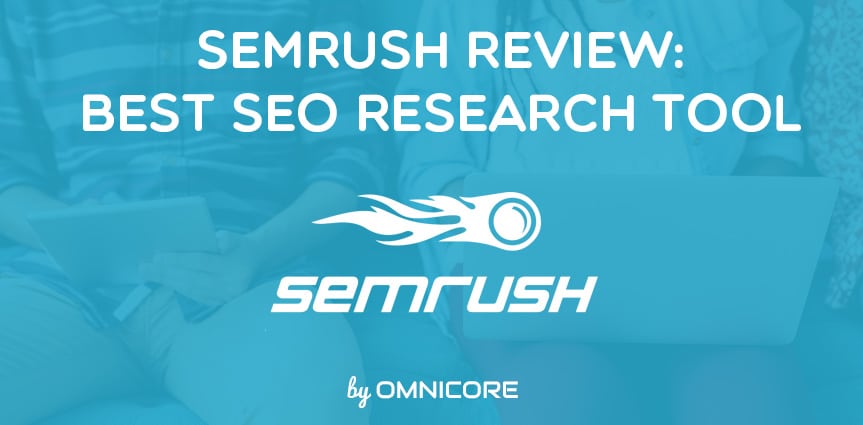
Despite the limitations of ASO tools, they are still valuable resources for international ASO and can provide insights that can help improve app rankings in different countries and languages.
One limitation of ASO tools is that they do not take into account the nuances of language and culture, which can impact keyword search patterns.
Another limitation is that keyword difficulty scores close to ’10’ mean the keyword is very difficult to rank for, but this is not always the case for every app.
It is important to keep in mind that ASO tools provide estimates, and actual keyword performance may vary.

Therefore, it is important to regularly test the impact of metadata updates on keyword rankings and to monitor top competitors’ release cycles to improve ASO.
Recommended Keyword Tools
Various tools are available for conducting keyword research and metadata submission in international app store optimization. These tools provide keyword research data sources and help in evaluating keyword difficulty scores. One such tool is SensorTower, which is considered one of the best keyword research tools for international ASO. It provides data for both iOS and Android apps in multiple countries and includes search volume and competition data. However, the main downside to SensorTower is that it limits the number of keywords that can be tracked.
Another tool is App Annie, which has the biggest database of historical keyword ranking data. It provides insights into keyword rankings for different countries and languages, but it does not offer free keyword difficulty metrics. TheTool is another keyword research tool that provides data for keyword search volume, keyword difficulty, and keyword rankings for 91 countries. It is also useful for localizing metadata for different countries and languages. Overall, utilizing a combination of these tools can help in selecting the best keyword targets for international ASO.
| Keyword Tool | Data Provided | Limitations |
|---|---|---|
| SensorTower | Search volume and competition data for iOS and Android apps in multiple countries | Limits the number of keywords that can be tracked |
| App Annie | Historical keyword ranking data for different countries and languages | Does not offer free keyword difficulty metrics |
| TheTool | Keyword search volume, keyword difficulty, and keyword rankings for 91 countries | N/A |
Metadata Localizations
Metadata localization is a crucial component of effective international app store optimization. It allows for additional keyword leverage and can impact other localizations, providing greater visibility in search results.

However, it is important to note that localization is not simply translation. Apps and metadata must be updated to suit local vernacular, customs, needs, measurement systems, and regional aesthetics.
To ensure metadata submissions are effective, it is important to verify the correct metadata is live in all locations. Verification can be done by using live web URLs or mobile versions of the app store. Additionally, metadata updates should be strategically coordinated to keep things organized.
It is important to note that the process of localizing and updating metadata is easier for Android than iOS. Fields for iOS and Android differ in terms of new app version requirements for changes. Therefore, it is important to prioritize important countries and establish a workflow to ensure effective metadata management.
Metadata Submission Process
The process of submitting app metadata for international app store optimization involves uploading metadata localizations to iTunes Connect and Google Play Developer Console. Metadata verification is crucial to ensure that the correct metadata is live in all locations.

In iOS, metadata can be added, localized, or removed through iTunes Connect, while in Android, metadata can be added, localized, or removed through Google Play Developer Console. Live web URLs are the best way to verify new iOS app metadata, while mobile versions of the App Store limit access to regional versions of the app metadata.
App landing pages allow verification of all iOS metadata except Promotion Text and keyword tag, and the keyword tag is only viewable in iTunes Connect. On the other hand, Google Play Store web URLs are the best way to verify Android app metadata updates, although non-US/UK English localizations may display incorrect metadata on Google Play web links.
Mobile devices can be used to verify metadata changes by changing the language in device settings, but verification of metadata changes on a mobile device is limited by access to the Play Store country associated with the device.
Strategic metadata submission and maintenance can help keep things organized. Coordinating app metadata releases and updates is essential, and while iTunes requires a new app build to be submitted and approved before any metadata changes can be made, Google Play allows metadata updates at any time, even if the app itself has not changed.
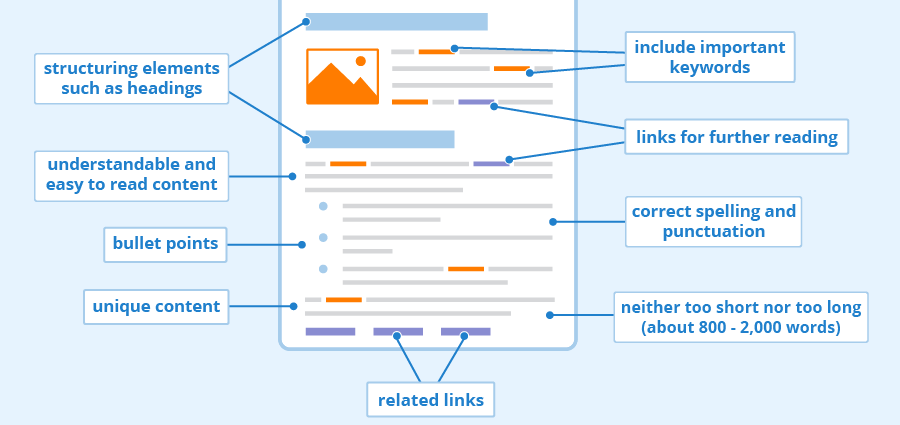
The process of localizing and updating metadata is easier for Android than iOS, as metadata fields for iOS and Android differ in terms of new app version requirement for changes. The Promotional Text field in iOS can be updated at any time, while the Long Description, Subtitle/Short Description, Title, and Keyword Tag fields require a new app version for changes in both iOS and Android.
A shared calendar and sign-off sheet can help coordinate metadata updates, and a predictable release schedule can make metadata maintenance easier. However, it is important to note that mobile device limitations can impact metadata verification, and this should be taken into account when designing and implementing metadata localization and submission processes.
Strategic Metadata Maintenance
Strategically maintaining app metadata is crucial for successful international app store optimization. App metadata must be uploaded to each app store and set up appropriately, including translation and localization for each country and language combination. Coordinating app metadata releases and updates is also important, and a shared calendar and sign-off sheet can help with this process.
Seasonal updates should be planned ahead of time, taking into consideration any trends or events that might impact keyword search patterns. Testing is necessary to determine the impact of metadata updates on keyword rankings, and monitoring top competitors’ release cycles can improve ASO.

Paid marketing can also impact organic ASO, so it’s important to consider Apple search ads and the Google Play Store Lifetime Value Calculator for paid user acquisition. Prioritizing important countries and establishing a metadata workflow can make metadata maintenance easier, and a predictable release schedule can help ensure that metadata is updated in a timely and effective manner.
Other Considerations
Keyword volume and difficulty metrics should be evaluated carefully when selecting targets for international ASO. It is important to note that these metrics are estimates provided by ASO tools, and not actual numbers from app stores. Therefore, it is crucial to consider the current app ranking for a keyword when selecting targets, as well as historical app ranking and metadata localizations. Ideal keyword targets should be relevant to the app, have high search traffic, and low competition.
In addition to keyword research, other considerations for international ASO include seasonal updates and paid marketing. Seasonal metadata updates should be planned ahead of time, and testing should be conducted to determine the impact of these updates on keyword rankings. Paid marketing can also impact organic ASO, and it is important to monitor top competitors’ release cycles and user reviews for future metadata.
Paid ads can bid on competitors’ brand names or app names, making it crucial to prioritize important countries and establish a workflow for app metadata management. A predictable release schedule can also make metadata maintenance easier.

Frequently Asked Questions
How do you determine which keywords are most relevant to your app in a specific country or language?
Effective keyword research involves competitor analysis and understanding language nuances. Utilize third-party ASO keyword research tools to evaluate keyword options and consider non-native keywords and language permutations. Keyword difficulty scores and historical ranking data should also be analyzed for ideal keyword targets.
What are some common mistakes to avoid when conducting keyword research for international ASO?
Common mistakes in international ASO keyword research include over reliance on machine translation and neglecting local cultural nuances. A/B testing for keyword optimization is crucial, as is considering the role of social media in international ASO. Technical analysis and attention to detail are necessary for success.
How do you ensure that your metadata submissions are accurate and consistent across all app stores and languages?
Maintaining accurate and consistent metadata submissions across app stores and languages is challenging due to localization challenges and ensuring translation accuracy. In fact, a study found that 63% of apps had at least one localization error in their app store listing.
What are some strategies for maintaining and updating your app’s metadata over time?
Metadata optimization requires consistent updates and coordination across app stores and languages to overcome localization challenges. A predictable release schedule, monitoring competitors, and leveraging user reviews can improve ASO and paid marketing efforts.

How do user reviews and paid marketing impact your app’s ASO?
User reviews and paid marketing can impact an app’s ASO. Monitoring and utilizing user reviews for future metadata is important. Paid ads can bid on competitors’ brand names or app names, and should be considered in ASO strategies.

Hello there! I’m Louis Hill, the go-to guy for all things SEO and Keyword Research at Keyword Luv. My journey began at Ohio State, where I honed my skills in computer programming. But it’s the dynamic world of SEO and Online Marketing that truly captivates me. I’ve probably spent more hours ranking websites than most self-confessed computer nerds!
When I’m not immersed in the digital realm, you’ll find me pedaling through the countryside, embracing the freedom of cycling. Or perhaps, scribbling some not-so-great poetry, which I find oddly therapeutic. Travel is another passion, exploring new places and creating memories. And let’s not forget Duchess, my Golden Retriever. She might not be the typical retriever, but she’s perfect in her unique way!
Feel free to connect with me on Instagram or Facebook. Whether you’re curious about the latest trends in SEO, want to swap travel stories, or share a laugh over some bad poetry, I’m all ears. Let’s navigate this fascinating digital landscape together!







